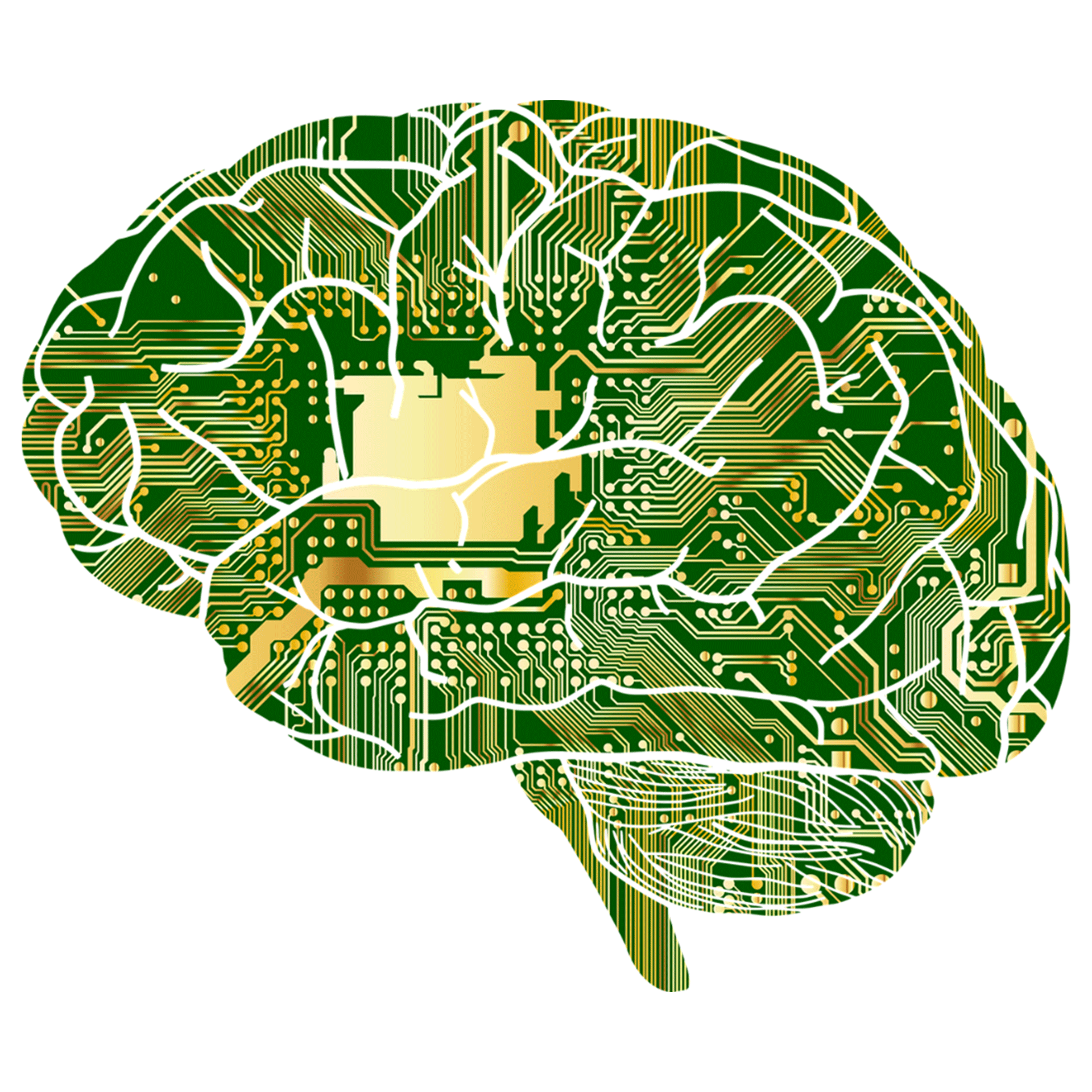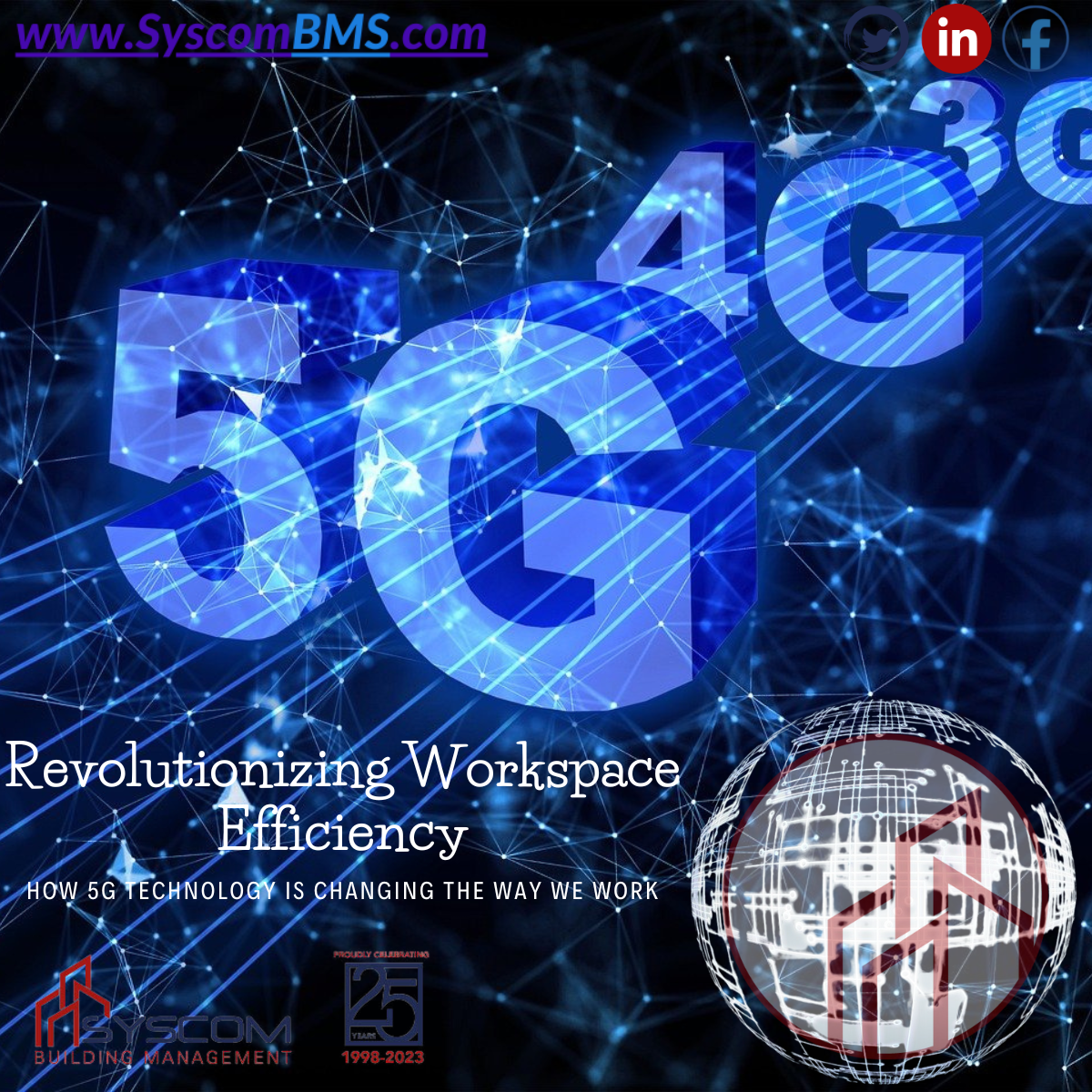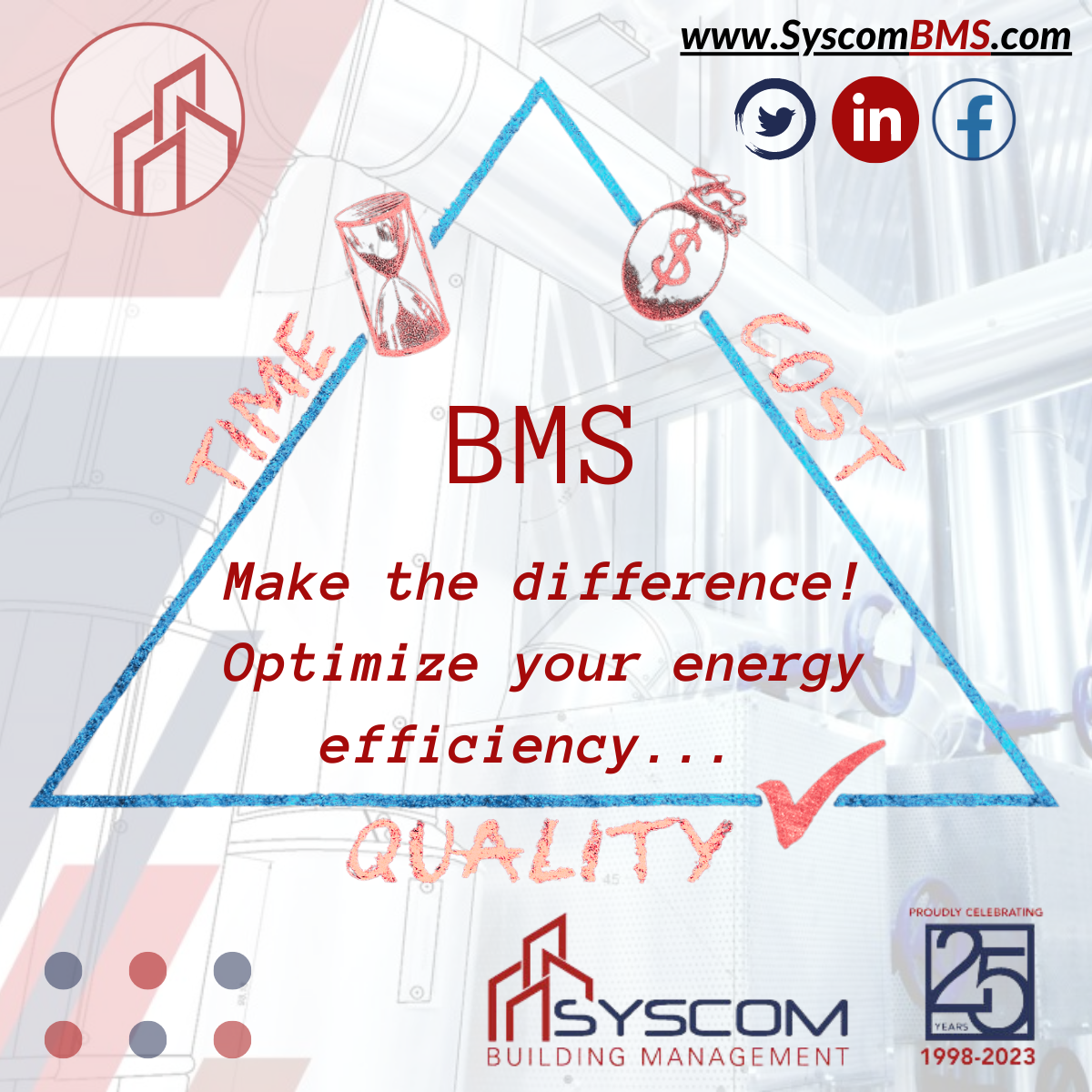
How AI technology will revolutionize building management systems in the next decade
Intro
In today’s fast-paced world, building management systems (BMS) have become an essential component of most modern buildings. They are used to control various functions, such as heating, ventilation, air conditioning, lighting, and security. However, as technology continues to advance, the future of BMS is becoming increasingly exciting. With new innovations such as the Internet of Things (IoT), artificial intelligence (AI), and machine learning (ML), the potential for smarter, more efficient, and environmentally sustainable buildings is enormous. In this blog post, we will explore the latest trends in BMS and discuss how they are shaping the future of building management systems.
Introduction to Building Management Systems
Building Management Systems (BMS) are a necessity for businesses who want to ensure that their buildings operate efficiently and effectively. By managing all systems through one integrated platform, building managers are able to save time and money, while reducing environmental impact. Heating, cooling, ventilation, lighting, and security all play critical roles in how a building runs, and having a BMS in place means better control and monitoring of these vital systems. With the ability to set schedules, adjust settings remotely, and analyze data, BMS provides building managers with the tools they need to make informed decisions that benefit both their company and the environment.

All in all, Building Management Systems offer the most trustworthy solution for building managers to optimize energy efficiency and reduce maintenance costs. Through providing real-time data and automation, BMS reveals system performance that would be otherwise hard to detect with manual checks and identifies equipment issues before they become major problems. This makes BMS an essential tool for any building manager striving to keep their facility running at peak efficiency.
Benefits of AI Technology in Building Management
Building management is a complex task that requires constant attention and care. The use of AI technology has made it simpler and more efficient for building managers to meet their energy goals while providing a comfortable environment for occupants. By optimizing the lighting and temperature control based on occupancy patterns and weather conditions, AI technology can help building managers increase energy efficiency while keeping the occupants satisfied. With the integration of AI technology, building managers can monitor and control the overall energy usage within a building, making it easy to identify areas where energy can be saved. By doing so, the building can reduce its carbon footprint while saving money on utility bills each year. AI technology has shown to be an invaluable tool for building management, helping to streamline operations while reducing costs and supporting sustainability efforts.

Besides the many advantages automation brings for building managers in terms of monitoring and detection of issues, it also allows for significantly reduced operational costs from increased energy efficiency, as well as remote access with the help of AI-powered sensors and cameras. This enables a much faster response time when dealing with any potential problems, allowing building managers to act quickly and take proactive measures when needed.
Challenges and Limitations of AI Integration
AI integration has revolutionized the building management industry, with its ability to automate various processes and minimize human error. However, this technology may face compatibility challenges in buildings with older mechanical systems. In some cases, buildings may have outdated HVAC or lighting systems that cannot communicate with the latest AI platforms. This can pose a significant problem for building management professionals who are looking to integrate these technologies to improve efficiency and reduce energy costs. Furthermore, retrofitting these systems can be expensive and time-consuming, making it a challenging task for building owners and managers to implement these updates. Despite these challenges, there are still ways to incorporate AI technologies into building management effectively. By working with experienced professionals and investing in the right tools and resources, building owners and managers can ensure that their buildings remain efficient and sustainable through effective management practices.
Meanwhile, the integrity of building management relies upon the successful integration of AI technology and human intuition and decision making. Although AI can be helpful in managing complex tasks, its limitations may prevent it from fully replicating human processes, leading to potential errors or inefficiencies. As such, a comprehensive approach must be taken to ensure accurate and efficient building management.
Current Use Cases of AI in Building Management
AI has proven to be a game-changer in almost every industry. One of the areas that have benefited from the integration of AI technology in recent times is building management. AI has found applications in optimizing energy consumption patterns of buildings, leading to significant cost savings. With AI technology, buildings can collect data on when and where energy is most needed and adjust their consumption accordingly. This data can help building managers make informed decisions about energy usage, identify areas where energy is being wasted and develop solutions to curb wastage. Overall, AI technology has transformed building management by streamlining energy usage and ultimately leading to cost savings.

Similarly, AI can help with managing a building by proactively addressing maintenance issues. By analyzing real-time data from sensors in the building, AI can flag possible problems before they become a bigger issue, promoting greater safety for occupants while reducing repair costs. Building management is continuously evolving as technologies like AI become more integrated to streamline processes and enhance safety.
Predictions for the Future of AI and Building Management
As artificial intelligence (AI) technology advances, building management systems will continue to become more efficient, reducing costs and increasing sustainability. The use of management automation and IoT devices ensures that the different systems of buildings can be managed centrally, leading to the streamlining of energy consumption, heating ventilation, and air conditioning (HVAC) regulation, among other systems. Improved management allows for the reduction of energy consumption without compromising the comfort of building occupants. Moreover, smart technology can alert managers to potential mechanical faults or maintenance requirements, reducing the risk of system failures and prolonging the lifespan of equipment. Therefore, implementing intelligent management systems in buildings can increase sustainability, optimize energy consumption, and reduce operational costs, ultimately benefiting both building managers and tenants.
Predictive maintenance through AI-powered analytics will become standard in building management, ensuring equipment is running at optimal levels and preventing breakdowns before they occur. With the increasing demand for efficient and sustainable buildings, management teams cannot afford to rely solely on reactive maintenance. By implementing predictive maintenance strategies powered by AI, building managers can monitor the performance of critical equipment and systems in real-time, identifying potential issues before they disrupt operations or cause costly downtime. This proactive approach not only helps to extend the lifespan of assets but also reduces repair and replacement costs, making it a smart investment for any building management team. As predictive maintenance continues to evolve, building managers who embrace this technology will gain a competitive advantage in the industry.

Meanwhile, the use of increasing numbers of sensors in building management is a trend that looks set to continue in the years ahead. This will not only enhance occupant comfort by allowing for customized environments, but also help achieve greater energy efficiency. As buildings become more adept at “learning” how occupants use space and other resources, their ability to adapt to individual needs and preferences, while reducing energy consumption, will become increasingly advanced.
Conclusion
In conclusion, effective building management is crucial to the long-term success and sustainability of any property. A trustworthy building manager plays a vital role in ensuring that a property is well-maintained and operates smoothly. A good building manager should be able to assess and address potential problems before they become major issues, and should also be responsive and accessible to tenants. It’s essential for a building manager to build and maintain strong relationships with all stakeholders, including tenants, contractors, and owners. By being proactive and transparent, a trustworthy building manager can help ensure that a property stays in good condition and retains its value over time.
It is important to regularly evaluate and adjust building policies and procedures to ensure efficient and cost-effective operations. Effective building management involves strategically assessing and monitoring how resources are used to achieve organizational goals. This includes, but is not limited to, maintenance of the building and equipment, safety and security measures, and energy management. By implementing well-structured management practices, building managers can control costs and mitigate risks while keeping the facility running smoothly. With the ever-changing landscape of building technology and regulations, it is crucial for managers to stay informed and remain adaptable in their approach to building management. By consistently reviewing and adjusting procedures, building managers can achieve optimal efficiency and drive lasting success.




